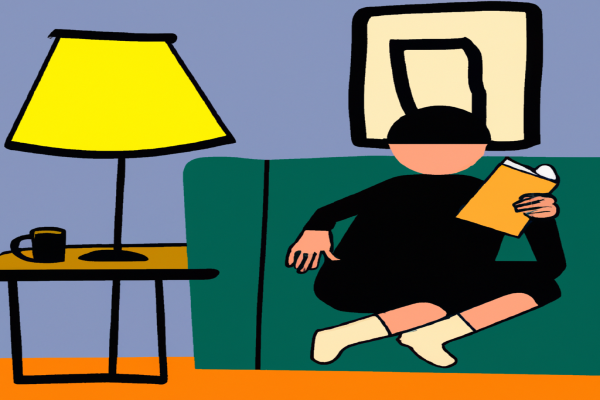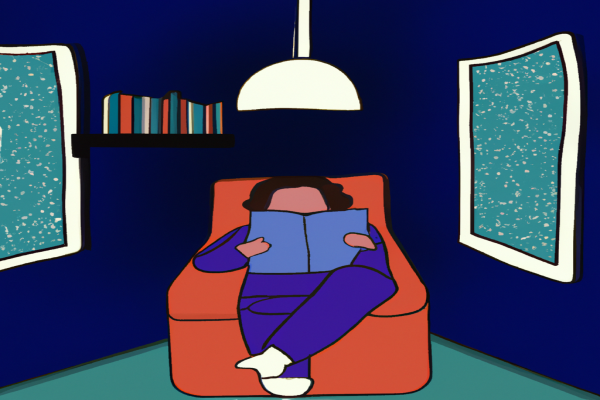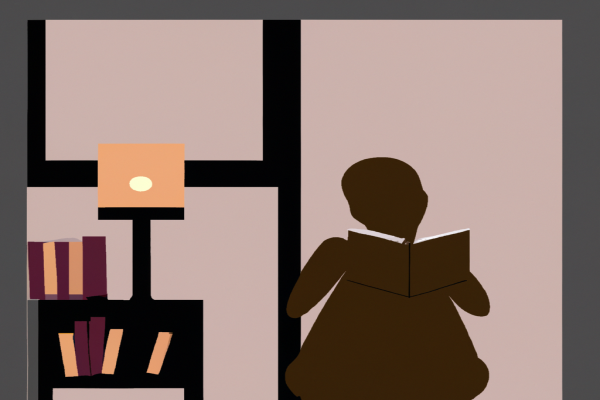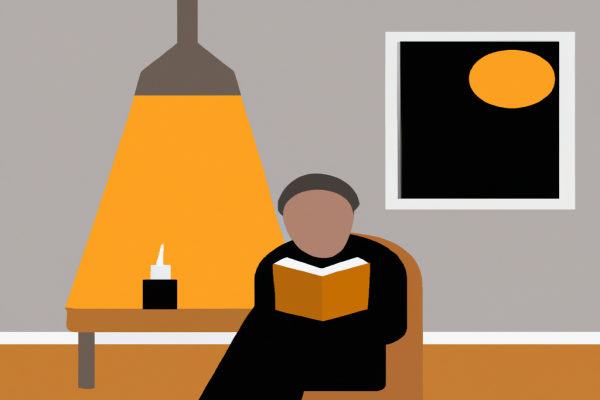King Lear: Summary
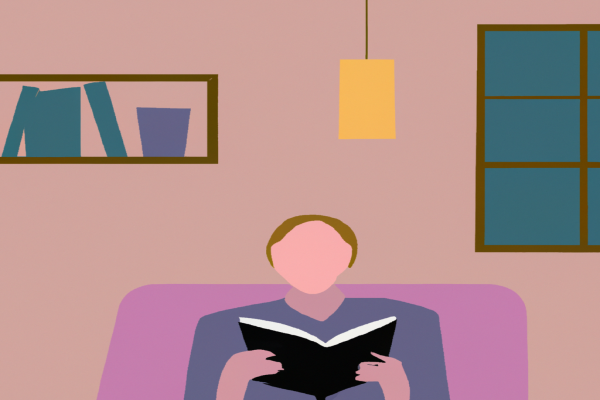
King Lear is a tragedy written by William Shakespeare about a powerful ancient British king who decides to divide his kingdom among his three daughters. Before doing so, he asks each of them to declare their love for him and promises to give the largest portion of his kingdom to the daughter who loves him the most. His two eldest daughters flatter him with false declarations of love while his youngest daughter speaks honestly and expresses her true love. In response, the king banishes her from his kingdom. As the play unfolds, Lear's power and sanity deteriorate as he faces an array of challenges, including betrayal by those closest to him. In the end, having learned a valuable lesson about the importance of honesty and kindness, King Lear dies a broken man.
Want to know more?
What is King Lear about?
King Lear is a tragedy by William Shakespeare, believed to have been written between 1603 and 1606. It is considered one of his greatest works, and tells the story of an aging king who divides his kingdom among his three daughters according to their professed love for him. As the play progresses, Lear gradually becomes aware of the consequences of his actions, leading to a devastating realization of his own foolishness, as well as betrayal and suffering from those closest to him. The main themes in King Lear include loyalty and betrayal, justice and injustice, power and authority, reason versus passion, family dynamics and relationships, appearances versus reality, age versus youth, blindness and insight, order versus chaos, and ultimately a search for redemption. These themes are explored through the characters’ interactions with each other as well as through their inner monologues.
King Lear: Book Club Questions
- How does the theme of justice and injustice manifest itself in the play?
- What is the significance of Gloucester's eyes being gouged out?
- What role does nature play in the play?
- What are some of the different interpretations of Cordelia's death?
- How does King Lear's transformation from a powerful ruler to a pitiful old man affect his character development?
- What is the significance of the Fool in King Lear?
- How do subplots such as those involving Edmund, Gloucester and Edgar contribute to the main plot?
- Is there any redemption for those characters who have done wrong?
- How is power used and abused throughout the play?
- What is the ultimate message of King Lear?
What to say about King Lear
- King Lear is an incredibly powerful work of art, exploring some of the most complex and difficult themes of human suffering.
- Shakespeare's use of language to capture the intensity and emotion of the characters is truly remarkable.
- The play provides an intriguing insight into the nature of power, ambition and loyalty.
- The subtlety and nuance of King Lear's character development is highly impressive.
- It is a tragedy that powerfully shows the consequences of blindness, selfishness and pride.
- One of the most impressive aspects of King Lear is its exploration of universal themes such as love, justice and forgiveness.
- The play effectively examines how our own choices can shape our fate and lead to unforeseen consequences.
- It is fascinating to see how Shakespeare successfully creates tension between the characters throughout the play.
- King Lear is a timeless classic, providing a unique perspective on morality, free will and human nature.
- There are so many layers to this play, making it an incredibly rewarding experience upon each read-through.
Top 5 Quotes from King Lear
- "Nothing will come of nothing."
- "How sharper than a serpent's tooth it is to have a thankless child!"
- "Reason in madness!"
- "I am a man more sinned against than sinning."
- "We that are young shall never see so much, nor live so long."
Adaptations of King Lear
TV: 1. King Lear (2018, BBC) 2. Great Performances: King Lear (2008, PBS) 3. King Lear (1998, Channel 4) 4. The Hollow Crown: King Lear (2019, BBC) Film: 1. King Lear (1987, French film) 2. Ran (1985, Japanese film) 3. Lear (2009, Russian film) 4. The Last Lear (2007, Indian film) 5. Kral Lear (1971, Czechoslovakian film) Radio: 1. King Lear (1951, BBC Radio 3) 2. King Lear in the Park (1984, BBC Radio 4) 3. Shakespeare’s King Lear (1989, BBC Radio 4 Extra) 4. The Tragedy of King Lear (2005, BBC Radio 3) Podcasts: 1. The King Lear Podcast Series (2011-2012, Podcastle Network) 2. Shakespeare’s King Lear – A Study Guide Audio Series (2015-2017, Librivox) 3. Shakespeare's King Lear - An Analysis and Commentary Series (2016-2017, Audioboom) 4. A Dramatized Version of ‘King Lear’ by William Shakespeare Series (2016-2018, Spoken Verse Theatre Company). Theatrical Adaptations: 1. The Tragedy of King Lear by William Shakespeare (1606/07 – present day; various locations around the world). 2. Cruel and Unusual Productions’ “King Lears” Series for High Schools and Community Theatres (2009 – present day; various locations around the United States).
Other books by William Shakespeare
- Romeo and Juliet
- Macbeth
- Hamlet
- Othello
- A Midsummer Night's Dream
- The Tempest
- Twelfth Night
- The Merchant of Venice
- Henry IV, Part 1
- Henry IV, Part 2
- Henry V
- Julius Caesar
- As You Like It
- Much Ado About Nothing
- Richard III
- The Comedy of Errors
- Cymbeline
- Titus Andronicus
- Pericles, Prince of Tyre
- Troilus and Cressida
- Coriolanus
Did you know?
King Lear is one of the earliest examples of a literary work featuring an aging protagonist.

